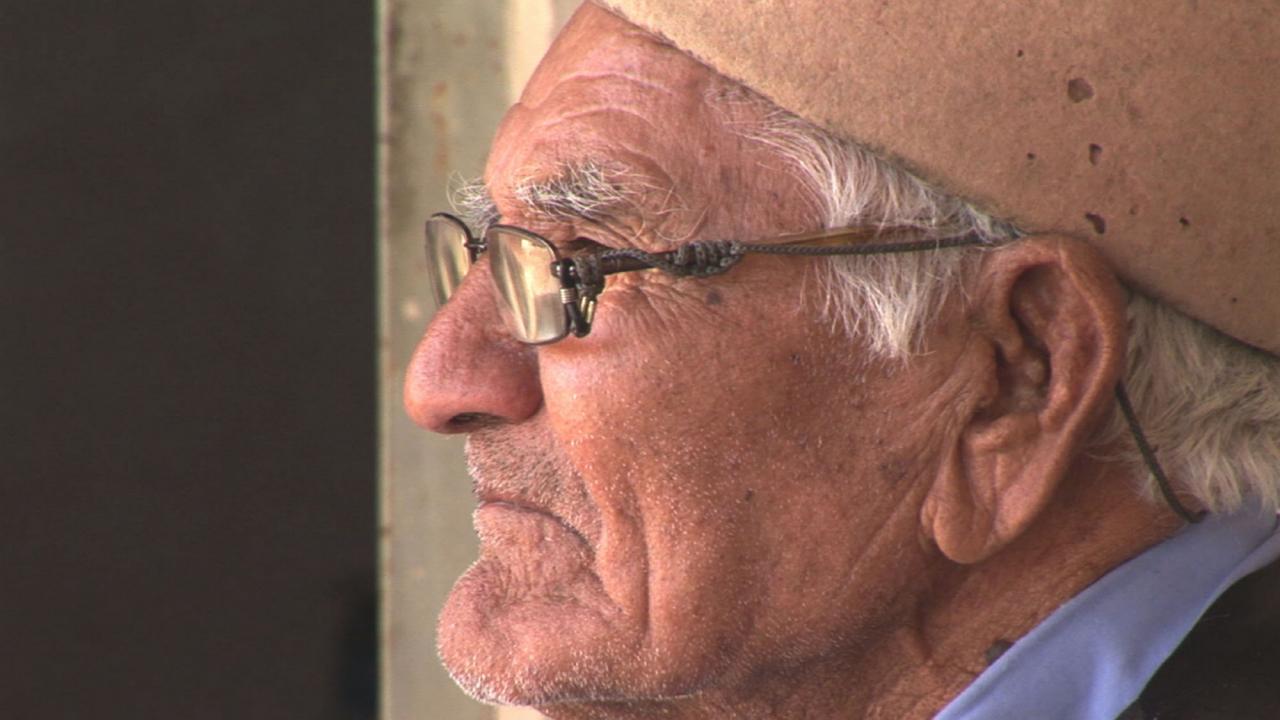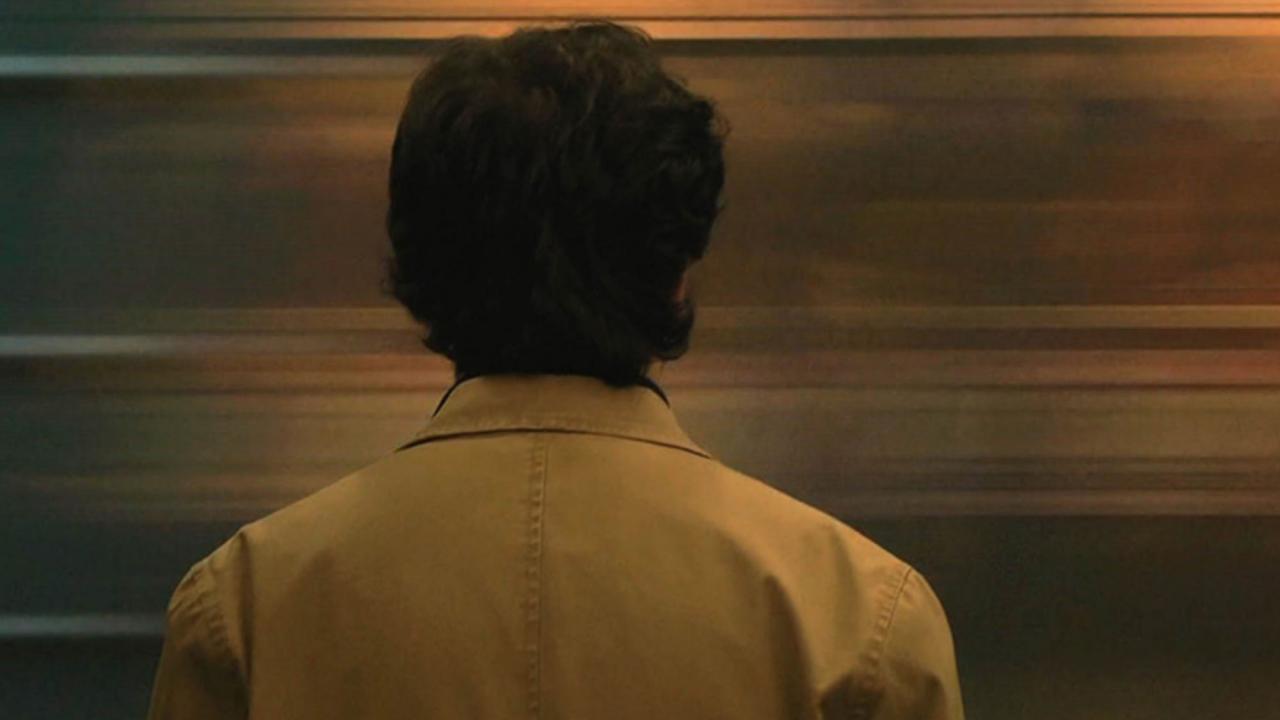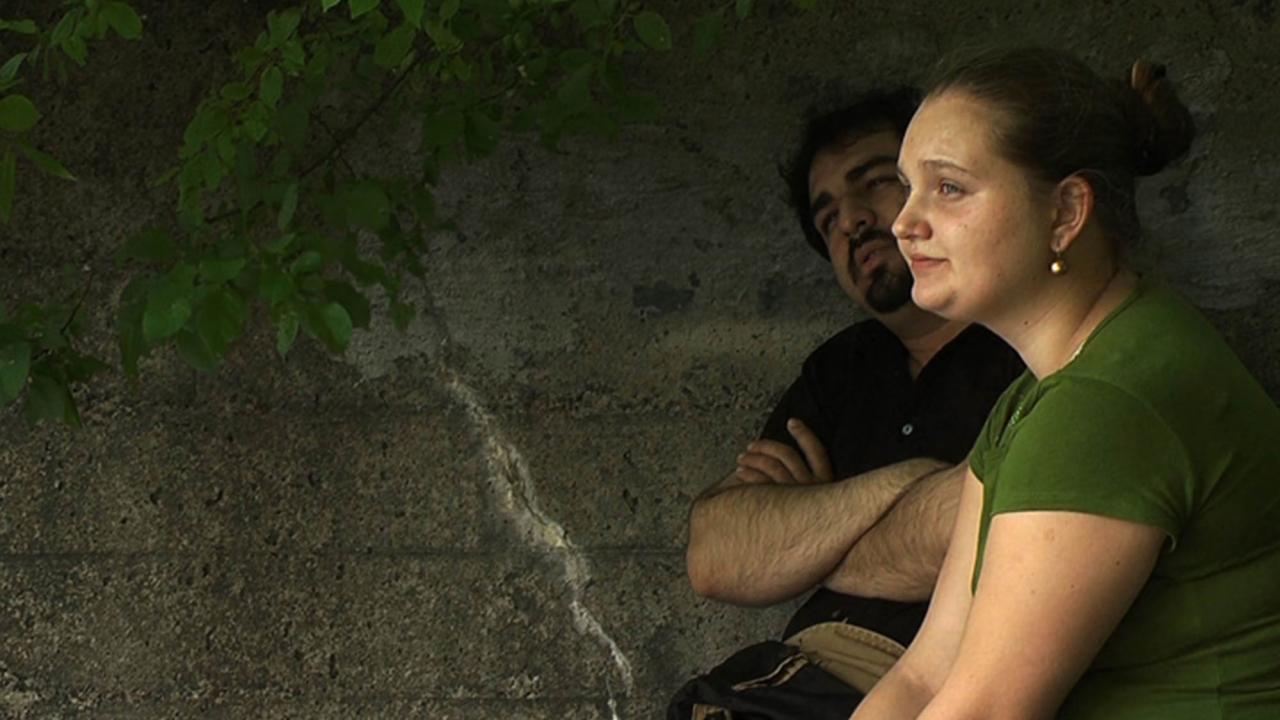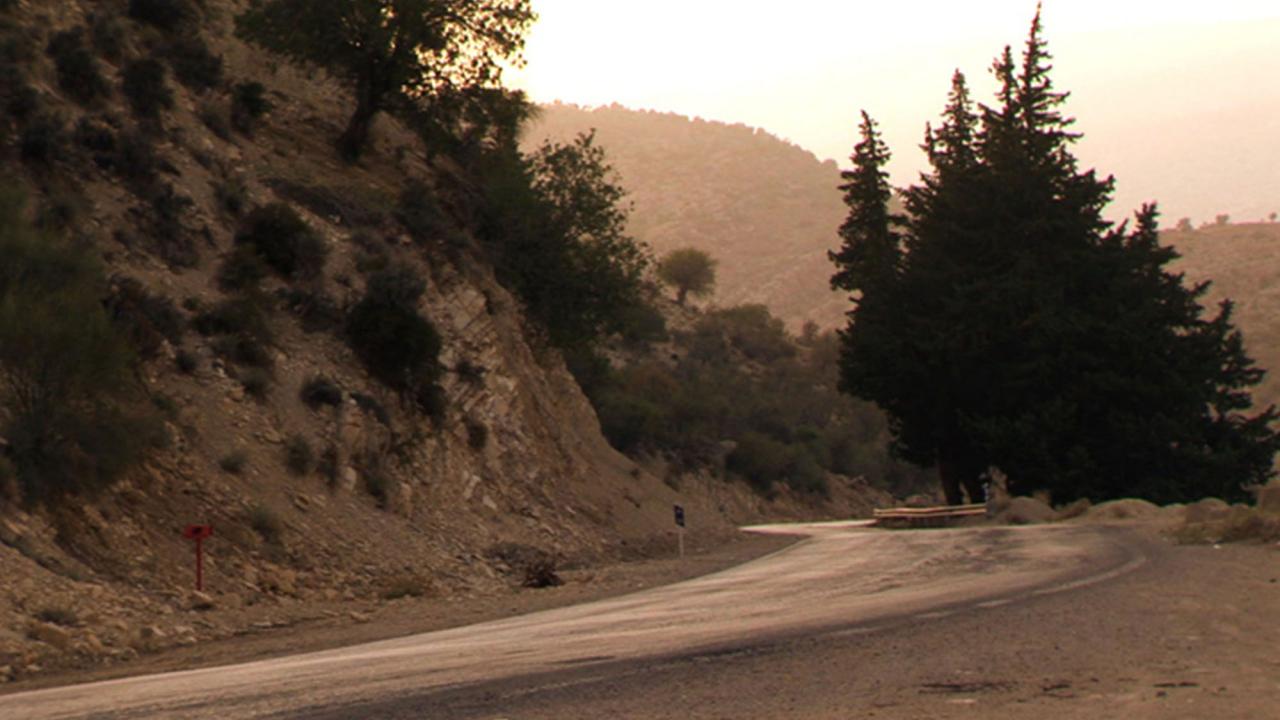In Shahin Parhami’s contemplative portrait AMIN, the legacy of the 105-year-old Qashqai classical vocalist Ustad Kiyani is excavated through the poetic journey of a much younger musician and cultural activist, Amin Aghaie. Kiyani’s cultural significance is conveyed through playful, often lyrical, vignettes of contemporary musicians on the streets of Iran, and the larger story of the Qashqai heritage as it was and as it exists in modern-day Iran. The Qashqai people have a diverse, even mysterious ethnographic origin; once nomadic pastoralists, they have been thought to descend from Mongolia, the Caucasus and Mesopotamia. One of many Qashqai now settled in Iran, Amin is a gifted musician who becomes a cultural soldier of sorts as he attempts to capture the practices of a fast-dying art. Using his handheld camcorder at rest stops, marketplaces and anywhere else he can find people playing Qashqai music, Amin becomes keenly aware of the encroachment of modernity, and the reality that those who most embody the traditions of Qashqai music elders like Ustad Kiyani are vanishing. Amin’s dedication in preserving a musical heritage that is inherently dependent on oral tradition proves both touching and heart-wrenching as he interacts with sorna and karna musicians, ney and naghareh players, and the legendary Ustad Kiyani (who passed away after the film’s completion). Through this documentation, we see music transcend personal expression, to be the voice of a people, a testimony of a beautiful cultural history, and a witness to a fast-changing society.
Amin
Film Details
Film
Amin
director
producer
Film Synopsis
Trailer
The Asia Pacific Screen Academy expresses its respect for and acknowledgement of the South East Queensland Aboriginal and Torres Strait Islander communities. We pay our respects to the Traditional Owners of country, including the custodial communities on whose land works are created and celebrated by the Asia Pacific Screen Awards. We acknowledge the continuing connection to land, waters and communities. We also pay our respects to Elders, past and present. We recognise the integral role Aboriginal and Torres Strait Islander and First Nations peoples continue to play in storytelling and celebration spaces.




